- Home
- Types of Addiction
- Methadone Addiction Help & Treatment
Methadone Addiction Help & Treatment
Methadone is most commonly known as a medical treatment for heroin addiction.
It is normally found as a swallowable liquid, but also comes in injectable and tablet forms.
The effects are less potent than heroin but still offer an absence of pain, some euphoria and a sense of contentment.
Common slang names for methadone include meth, mixture and linctus.
How Does Methadone Addiction Occur

When used to treat heroin or smack addiction it is useful for allowing users to stabilise while they work on emotional and lifestyle changes.
However, it is often abused as it does still have addictive properties, and it is not uncommon for former heroin addicts to progress to methadone addiction.
Methadone causes a range of side effects, including:
- Dry mouth
- Drowsiness
- Skin rashes
- Constipation
- An inability to urinate
- Breathing problems
- Coma
- Death
Symptoms of Methadone Addiction

Do you know someone who is worrying you by exhibiting a possible addiction to methadone?
Try asking yourself the following questions.
- Are they experiencing side effects from it as a treatment but refuse to bring this up with their doctor for fear of being “cut off?”
- Do they become aggressive or defensive when confronted about their use of it as a treatment, justifying excessive use with “but the doctor gave it to me” or “it is medicine?”
- Are they experiencing weight loss, anxiety, insomnia, nervousness and mood swings?
- Do they often seem to have difficulty concentrating on things?
- Have they shown any signs of hallucinations or paranoia?
What Is An Opioid?
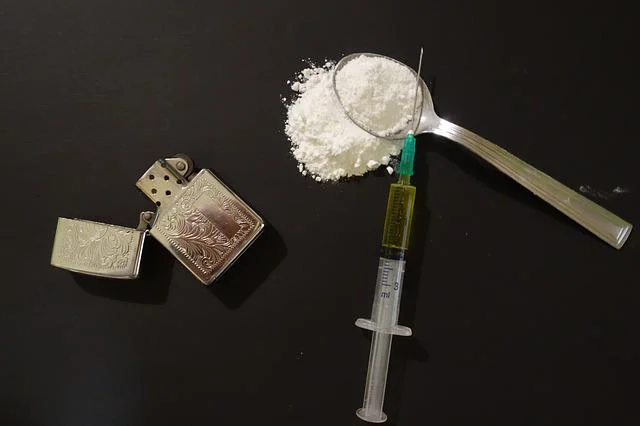
Opioids work to relieve pain by interacting with your opioid receptors – but they also carry a dangerous addiction risk, with heroin being the worst of the bunch.
When opioids attach to opioid receptors, they then cause your cells to release signals that alter your perception of pain and can increase pleasure.
Unfortunately, those feelings of pleasure can often encourage repeat uses, leading to addiction if opiates are abused.
Taking high doses can also result in harmful side effects like a high heart rate, amongst others.
If you’re prescribed opiate medication, make sure you follow your doctors’ instructions carefully to stop this.
What Is Methadone And What Does It Do?
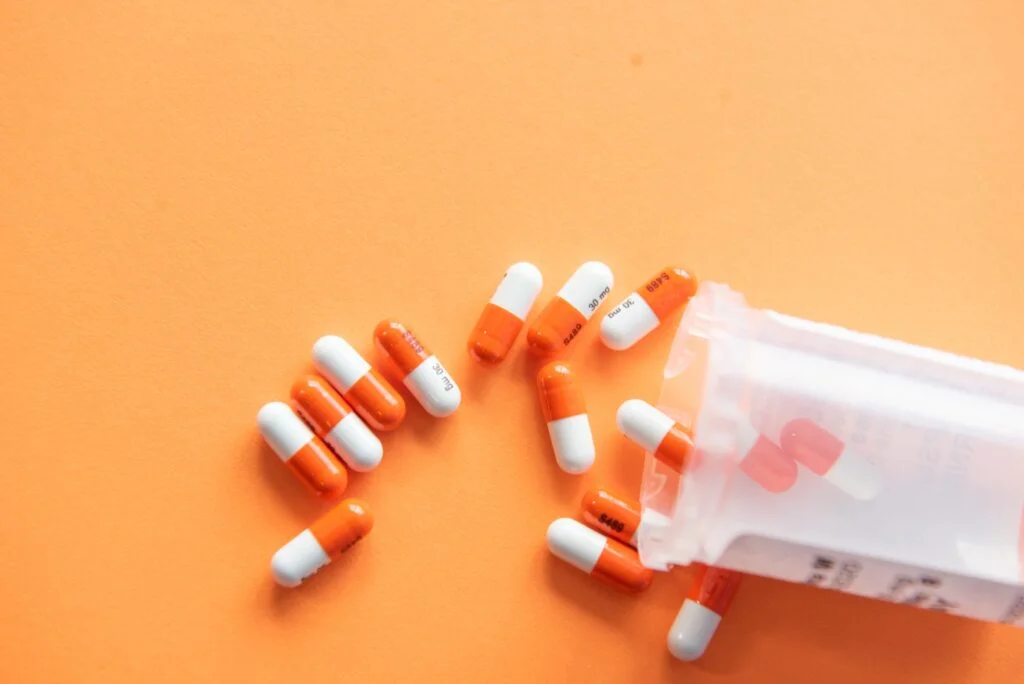
Now, having discussed opioids overall, let’s talk more specifically about methadone.
Methadone is an opiate that is often used in treatment for heroin and painkillers.
In comparison to heroin, which is a natural derivate of opium, methadone is a synthetic derivate of opium.
It can work especially effective as a replacement for the latter, as it reduces cravings and blocks highs, while it also lessens the severe physical withdrawal symptoms that often occur when heroin intake suddenly drops.
It also blocks the feelings of euphoria created by oxycodone and codeine.
The use of methadone as an alternative to wean addicts off other drugs is called replacement therapy.
Unfortunately, like all opiates, methadone itself can be addictive.
Precautions You Can Take To Avoid Methadone Addiction
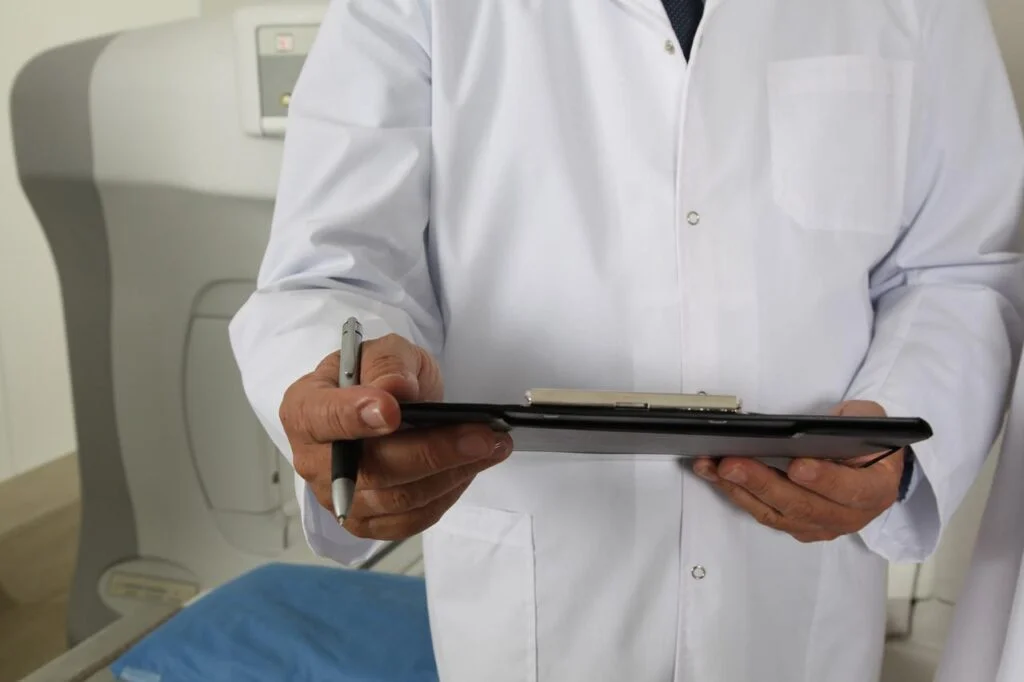
To safely use methadone if you’re prescribed it, you should take the following precautions:
- Never use more than the amount you’re prescribed
- Don’t consume any other drugs or alcohol while you’re taking it
- Don’t share it with anyone else
- Be careful when driving or operating heavy machinery
- Look out for key signs of dependency, like withdrawal symptoms
Like with all addictions, be careful of typical physical and psychological symptoms.
In terms of the former, you should seek out help if you experience withdrawal symptoms following attempts to stop.
Methadone Withdrawal Symptoms

Within 30 hours of suddenly stopping your methadone use without any help, you may experience more minor symptoms such as:
- Watery eyes
- Runny nose
- Anxiety
- Excessive yawning
- Insomnia
- Restlessness
- Tiredness
The more serious effects that can last for around 3 days include:
- Depression
- Drug cravings
- Severe nausea
- Muscle aches
- Vomiting
- Diarrhoea
On a psychological level, if dependency is developing you might start to feel like you can’t function without it.
Methadone Maintenance Treatment And Its Controversies

The main argument in favour of methadone maintenance therapy is harm reduction – it may be dangerous for some, but it’s better than continued heroin use.
A 2009 study on “Methadone maintenance therapy versus no opioid replacement therapy for opioid dependence” by the University of New South Wales, concluded that methadone was able to retain patients’ treatment more effectively than other treatments.
Alternative treatments included in the study -such as placebo medication, wait list control or drug-free treatment– generally worked but were not as effective.
But some would argue that, due to methadone being addictive itself, it might not be worth the risk.
It’s a continuing controversy, but this and other studies do demonstrate that it is an effective treatment.
Consequences Of Methadone Abuse
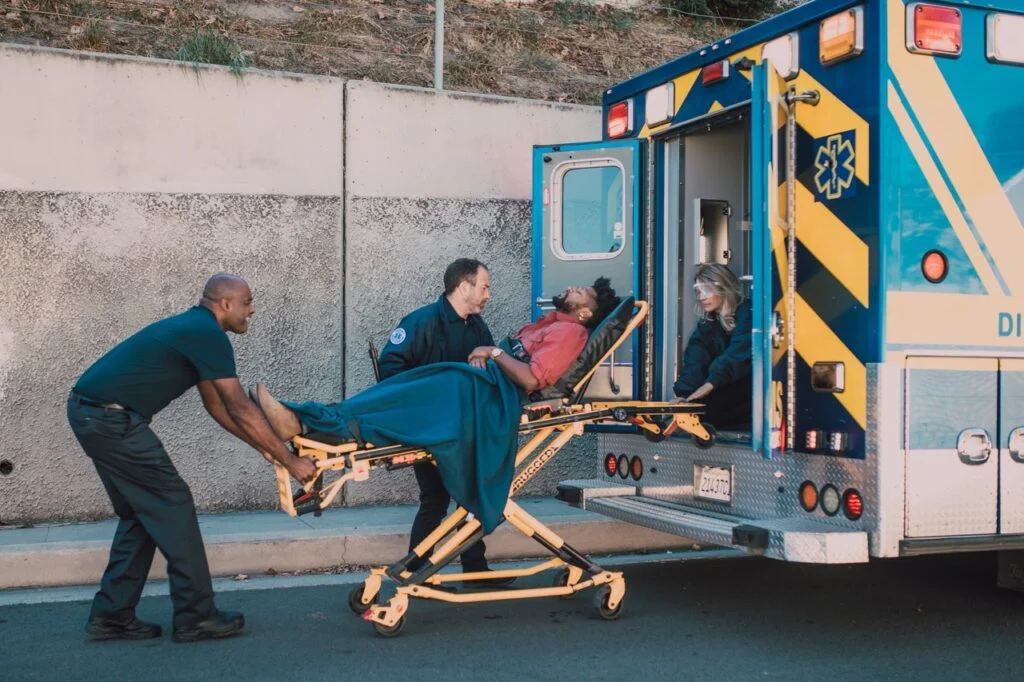
Even people who take methadone for a small amount of time may experience a few unpleasant symptoms, such as lightheadedness and dry mouth.
But the long term effects of excessive methadone use are much more serious, potentially causing damage to your nerves, your liver and your brain.
Among others, a few symptoms of methadone overdose are:
- Increased sweating
- Loss of consciousness
- Slow or irregular heartbeat
- No muscle tone or movement
- Chest pain or discomfort
- Decreased awareness
- Constricted or shrunken pupils
- Ankle and leg swelling
- Decreased responsiveness
Mixing Methadone With Alcohol Or Other Drugs
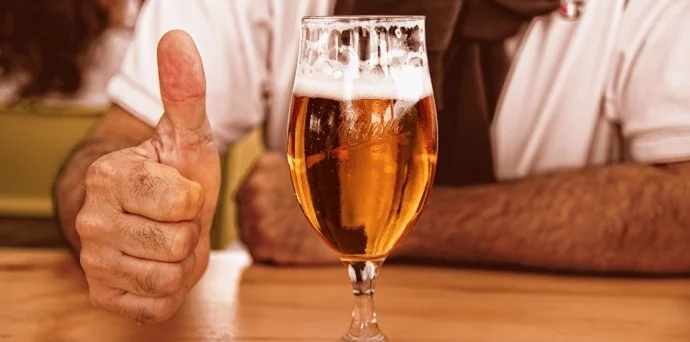
As we’ve previously noted, methadone also shouldn’t be mixed with any other sedatives or with alcohol – this makes overdose more likely, which can lead to severe consequences.
It also increases the effects of both the methadone and whatever you’re mixing it with.
This might sound ideal for people chasing a greater high, but it is likely to have severe medical consequences.
Examples include injuries and accidents, shallow breathing, a slowed heartbeat, asphyxiation or even brain injury and death.
Methadone vs Buprenorphine
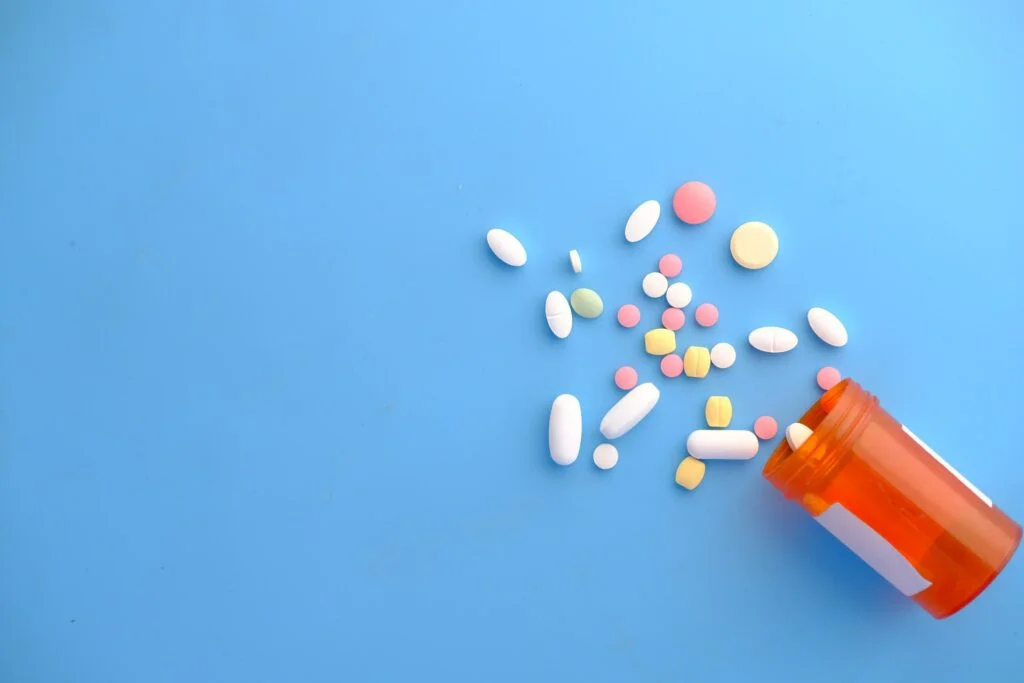
Buprenorphine is another drug commonly used in addiction treatment, specifically for heroin.
But in comparison to methadone, it’s only a partial opioid and carries far less addiction risk and a lower overdose potential.
Some claim that this makes it a better treatment for heroin addiction, but this is highly disputed.
An investigation by the National Library of Medicine showed it to be less effective than methadone in keeping patients on track – but we should also take into account that this is just one study.
Where To Get Help For Methadone Addiction

If you’re concerned about methadone addiction and would like to reach out, for yourself or for anyone else, you can always contact Rehab Recovery.
Our helpline is open for discussion and advice on any addiction issue.
You could also look into addiction or mental health charities, who also specialize in supporting people struggling with addiction.
You could also talk with your doctor about your concerns, or reach out to a support group, your best bet in this case being Narcotics Anonymous.
The Rehab Process

If you choose to recover from methadone addiction with Rehab Recovery, we’ll work to create a plan perfectly tailored to suit you.
First of all, we’ll assess your situation to see what you specifically need – this will include decisions on the type of treatment you should go through.
It will of course be your choice, with us advising you based on our experience and expertise.
Once we have your treatment laid out, it then generally happens in three stages: detoxification, rehabilitation and aftercare.
Detoxification is only used in cases of physical addiction – it involves a slow, steady reduction of your intake to avoid withdrawal symptoms.
It also generally includes medication – this is where methadone or buprenorphine might be used if you’re recovering from heroin addiction.
Treatments Available For Methadone Addiction

Methadone addiction has a variety of mental and physical treatments available, such as:
- Detoxes – In a detox your intake will be safely reduced, dealing with the physical side of your addiction right from the start. Over a set period of time, experts will guide your withdrawal while also giving you specific medication to limit withdrawal symptoms.
- Cognitive Behavioural Therapy and Dialectal Behavioural Therapy – CBT and DBT both use the same model: taking your problems and breaking them down into smaller chunks. But CBT focuses on the toxic thinking and behaviour patterns known as cognitive distortions, whilst DBT teaches you to control your emotions. Both of these can put you into a spiral that might lead to relapse, so it’s very important that they’re confronted.
- Individual therapy and group therapy – Individual therapy and group therapy also use a lot of the same strategies, but in different contexts. While individual therapy happens on a one-to-one level, group therapy happens in a wider group, with all of you sharing the same sessions and the same psychologist. While it might not be great if you want to talk about very private issues, group therapy can have a similar effect to a support group, as you all keep each other motivated in your recovery.
- Support groups – Speaking of support groups, they can also be a huge help. They will allow you to share everything that you’re feeling in a confidential space, with people who truly understand. Plus there are the benefits of recovering in a wider group that we mentioned previously. There are even support groups available for family members affected by addiction, such as AI-Anon.
Other Frequently Asked Questions

Will I need to detox from methadone?
As methadone is a physical addiction with physical withdrawal symptoms, you will need to detox from it if you develop an addiction.
This will be for a set period of time at the start of your treatment – after your intake has been slowly and safely reduced, you’ll be able to fully focus on your mental health.
How long will methadone treatment last?
Predictions on how long methadone stays in your system can last anywhere from 2 to 13 days – and then, once you have moved on to mental health, we would recommend about a month of therapy and counselling.
Then there’s the aftercare stage, where the length of time depends on how your recovery has gone so far and really can’t be predicted.
How will I know which treatments are right for me?
If and when you choose to contact Rehab Recovery, we’ll try and set you on the right path through various assessments.
We’ll discuss at length which treatments might suit you best before you get started, so we can make sure any plan is completely suited to your needs.
Before you get started, some preliminary research to learn a bit more about the process could be useful.
Get Help For Methadone Addiction

Finding the right treatment service that can help you live free of an addiction to methadone is often a complicated and time-consuming process.
If you need urgent help and are finding the wide variety of treatments on offer overwhelming, that’s where we come in.
Our methadone addiction treatment assistance gives you:
- A free help and evaluation service to help you choose
- Guidance on the best treatment options for your circumstances
- Assistance in picking out the most cost-effective options
- Information on quality of care, best clinical practice and more
- Complete clarity so you can make the right choice of treatment
Call today in complete confidence on 08000 886 686 to make the first move towards a better life.


